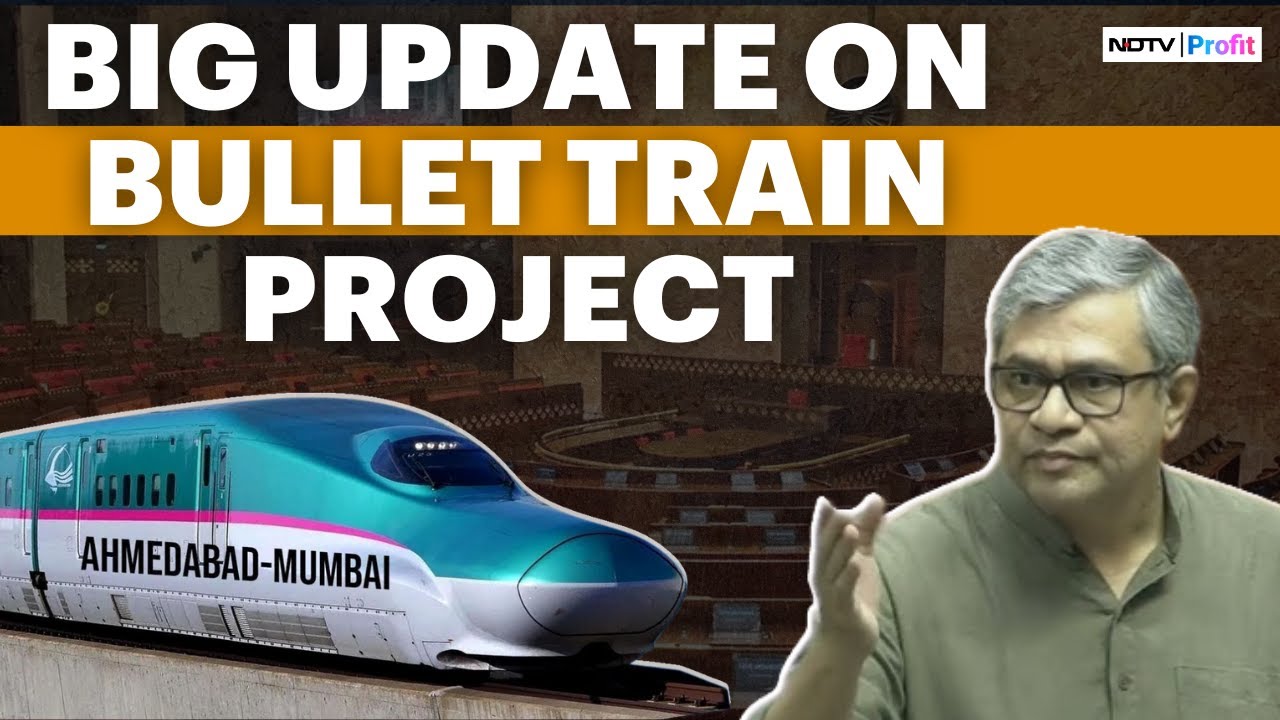【海外の反応】衝撃!!「天と地ほどの差があるw」中国を選んだ インドネシア高速鉄道建設と 日本を選んだ インド新幹線建設の差が 違い過ぎて世界が驚愕ww【俺たちのJAPAN】
Summary
TLDRThis video script discusses the rivalry between Japan and China in overseas high-speed railway projects. It highlights the controversial Jakarta-Bandung high-speed railway in Indonesia, where China won the bid despite initial advantages for Japan, leading to delays and cost overruns. The script contrasts this with Japan's meticulous approach to the Mumbai-Ahmedabad high-speed railway in India, emphasizing Japan's commitment to safety and thorough preparation. The video also touches on China's rapid expansion in global infrastructure projects and the challenges this poses for Japan in securing future contracts.
Takeaways
- 🇯🇵 Japan and China are competing for overseas high-speed rail projects, with China often winning bids due to lower costs.
- 🏗️ The evaluation of Chinese construction projects, such as the Jakarta-Bandung high-speed railway in Indonesia, is not always positive due to delays and cost overruns.
- 📋 There were issues with the Chinese bid for the Jakarta-Bandung railway, including incomplete documentation and use of Chinese language in official documents, causing delays.
- 💰 Despite choosing China for a supposedly cost-effective project, the Indonesian government ended up investing significant national budget into the project.
- 🚄 The original plan for the Jakarta-Bandung high-speed railway faced setbacks, with the opening delayed and the number of trains and operational issues expected to be high.
- 🔄 China's aggressive bidding strategy involves underestimating costs to secure projects, which can lead to financial strain on the host country's state-owned enterprises.
- 🌏 India chose Japan for its high-speed rail project, connecting Mumbai and Ahmedabad, valuing Japan's meticulous preparation and commitment to avoiding issues.
- 🤝 Japan's approach to the Indian high-speed rail project includes thorough negotiations on funding and conditions, aiming for a mutually agreeable solution.
- 🛠️ Japan is investing in training facilities in India to educate local personnel on operating and maintaining the high-speed rail system, promoting local employment and skill development.
- 🍱 Japanese high-speed rail is known for its quality and safety, as well as enjoyable amenities like station food, unlike the less popular offerings in Chinese stations.
- 🌐 China's rapid expansion in global infrastructure projects, such as the Belt and Road Initiative, has created a network of connections that could impact Japan's competitiveness in securing future bids.
Q & A
What are Japan and China competing for in terms of overseas high-speed rail projects?
-Japan and China are competing for the orders of overseas high-speed rail projects, with China often winning bids due to lower costs, although the quality of their work is not always satisfactory.
What issues have arisen with China's high-speed rail project in Indonesia?
-The high-speed rail project in Indonesia has faced delays in construction, leading to increased costs. There is also a risk of the project going bankrupt within a few years of opening due to these issues.
Why did Japan lose the bid for the high-speed rail project in Indonesia to China?
-Japan lost the bid to China due to a last-minute reversal, with China offering a lower price. There was suspicion that Japan's proposal was leaked, leading to China's plan being almost identical except for the cost.
What was the initial plan for the Jakarta-Bandung high-speed railway in Indonesia?
-The initial plan for the Jakarta-Bandung high-speed railway aimed to start operations in 2019, but it has been significantly delayed, with the new target being 2023.
Why did the Indonesian government invest national budget into the high-speed rail project despite choosing China for cost reasons?
-Despite initially choosing China for the project due to lower costs, the Indonesian government had to invest approximately 4.3 trillion rupiah (about 357 billion yen) into the project due to delays and increased costs.
How does the situation of Japan's high-speed rail project in India differ from China's in Indonesia?
-Japan's high-speed rail project in India is delayed due to thorough preparations to avoid any issues, unlike China's project in Indonesia, which faced delays due to document deficiencies and other avoidable problems.
What is the main reason for the delay in Japan's high-speed rail project in India?
-The main reason for the delay in Japan's high-speed rail project in India is their commitment to thorough preparations to ensure the project is carried out without any issues, which contrasts with the situation in Indonesia.
How does Japan's approach to the high-speed rail project in India differ from China's approach in Indonesia?
-Japan is taking a cautious approach, ensuring thorough preparations and negotiations with India to avoid any issues, while China has been criticized for its lower cost estimates and document deficiencies in Indonesia.
What is the significance of Japan's high-speed rail project in India in terms of technology transfer and local employment?
-The project is significant as it involves the transfer of Japanese high-speed rail technology and the training of local personnel, which is welcomed by India and contributes to local employment.
How does the script describe the potential impact of China's high-speed rail expansion on Southeast Asia?
-The script describes China's high-speed rail expansion as having a significant impact on Southeast Asia, with projects in Indonesia and Laos potentially solidifying China's influence in the region and making it easier for them to connect further projects.
What challenges does Japan face in competing with China for future high-speed rail orders?
-Japan faces challenges such as China's rapid expansion and the perception that China's projects are more cost-effective, despite potential quality and operational issues.
Outlines

This section is available to paid users only. Please upgrade to access this part.
Upgrade NowMindmap

This section is available to paid users only. Please upgrade to access this part.
Upgrade NowKeywords

This section is available to paid users only. Please upgrade to access this part.
Upgrade NowHighlights

This section is available to paid users only. Please upgrade to access this part.
Upgrade NowTranscripts

This section is available to paid users only. Please upgrade to access this part.
Upgrade NowBrowse More Related Video

Mexico tore up the $4.4 billion high speed rail contract with China, why?

如何看待中国的一带一路?|一带一路|习近平|普京|中国制造|基建狂魔|全球门户|王局拍案20231025

INDIA-JAPAN RELATIONS | CRISP INFORMATION | SSB INTERVIEW

CPCS / 19-223 / Animation fine-cut (EN) (v11)

Bullet Train Ticket Price, Classes, Project Delay & More: Railway Minister Answers All In Parliament

TRAIN and SUBWAY | Learn Railway Transport in English | Tram, Submarine, Train
5.0 / 5 (0 votes)